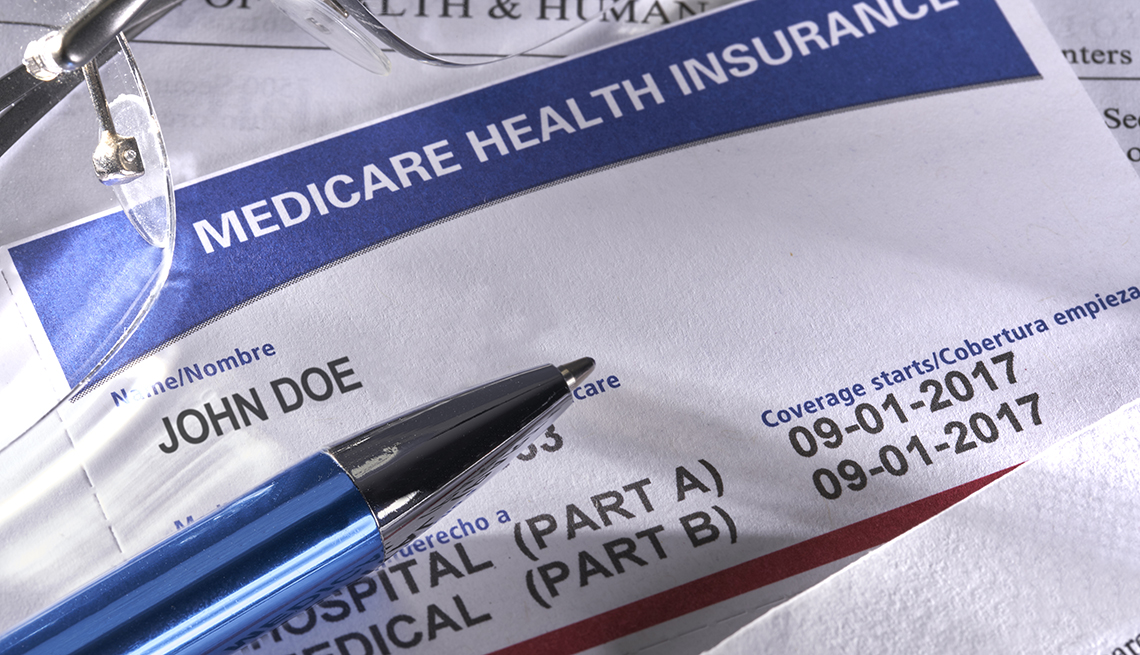
Can i get help to pay for medication if my income is low?
- Select a language for the TTS:
- UK English Female
- UK English Male
- US English Female
- US English Male
- Australian Female
- Australian Male
- Language selected: (auto detect) - EN
Play all audios:
Yes. The Extra Help program can help people with limited resources and income pay premiums and out-of-pocket costs for Medicare Part D prescription coverage. Medicare doesn’t automatically
cover prescription drugs though you can get a Part D policy from a private insurer that helps with these expenses. Part D policies still have some costs, however, including premiums that
average $55.50 a month in 2024, a deductible of $545 or less, and copayments or coinsurance for your medications. If you qualify, the Extra Help program, also called the Part D low-income
subsidy, can reduce these out-of-pocket expenses. And depending on your income, it may eliminate them altogether. In 2024, more folks are qualifying for Extra Help benefits thanks to the
Inflation Reduction Act. The Social Security Administration, which runs the Extra Help program with the Centers for Medicare & Medicaid Services, estimates that the program can reduce
prescription drug expenses for low-income beneficiaries by an estimated $5,300 a year. WHO QUALIFIES FOR EXTRA HELP WITH PART D PREMIUMS? SOME QUALIFY AUTOMATICALLY. If you receive full
Medicaid coverage, get Supplemental Security Income (SSI) or have your Medicare premiums paid through a state Medicare Savings Program, Medicare will send you a letter confirming your Extra
Help eligibility, meaning you won’t have to apply. OTHERS CAN APPLY. If your assets and income are low enough, you can qualify for Extra Help. The limits change each year. Your assets —
savings, investments and real estate, not counting the home you live in — must be worth $17,220 or less for individuals in 2024, or $34,360 or less for married couples living together. Those
limits include an allowance of up to $1,500 per person for burial expenses. You don’t need to include these items in calculating your assets: your primary residence, personal possessions,
vehicles and life insurance policies. For more information, see the Social Security Administration’s “Understanding the _Extra Help_ With Your Medicare Prescription Drug Plan." Your
income in 2024 must be less than $22,590 for an individual or $30,660 for married couples living together. The income limits, which change annually, are based on the federal poverty level
and are higher for Alaska and Hawaii. Income includes money you receive from Railroad Retirement, Social Security and Veterans Affairs benefits; net earnings from self-employment; other
pensions; rental income; wages; and other income. You can find a complete list in the Understanding Extra Help guide. You can apply for Extra Help through the Social Security Administration,
which also handles Medicare enrollment. Complete the forms on the SSA website, call Social Security (800-772-1213) or schedule an appointment at your local Social Security office.